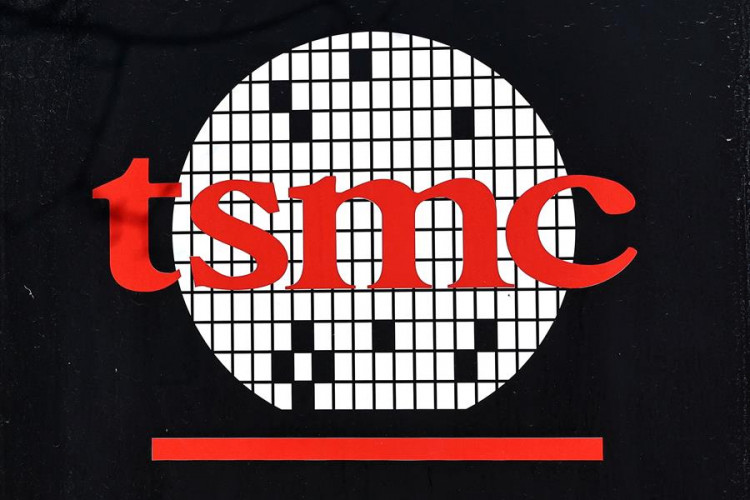Taiwan Semiconductor Manufacturing Co. posted record earnings Thursday, with second-quarter profit surging 60.7% year-over-year to NT$398.3 billion ($13.5 billion), propelled by accelerating demand for artificial intelligence chips. But executives warned that looming U.S. tariff threats and currency fluctuations could weigh on earnings later this year.
Revenue for the world's largest contract chipmaker climbed 38.65% to NT$933.8 billion ($31.7 billion), exceeding LSEG SmartEstimates of NT$931.24 billion. The gains were fueled by high-performance computing chips used in AI and 5G applications, which made up 60% of total revenue - up from 52% a year ago.
TSMC CEO C.C. Wei said on the earnings call that full-year 2025 revenue is expected to rise by about 30% in U.S. dollar terms, revising up earlier guidance from the "mid-20s." For the third quarter, the company projected revenue between $31.8 billion and $33 billion, representing as much as 40% year-over-year growth.
"The primary driver of growth for TSMC has been the robust demand for AI related chips, particularly for the leading edge nodes below 7nm," said Brady Wang, associate director at Counterpoint Research. Advanced chips sized at 7 nanometers or smaller made up 74% of TSMC's wafer revenue.
Shares in TSMC rose over 4% on Robinhood in early U.S. trading. Taiwan-listed shares have gained 5% year-to-date following an 80% surge in 2023, as investors weigh demand for AI chips against mounting geopolitical risk.
Despite the upbeat earnings, Wei flagged several headwinds for the fourth quarter. "We are taking into consideration the possible impact of tariffs and a lot of other uncertainties, so we are becoming more conservative," he said. The warning follows statements from President Donald Trump earlier this month indicating potential "reciprocal tariffs" targeting Taiwan's chip exports.
In April, the Trump administration announced a 32% tariff on some Taiwanese goods, though Taiwan has yet to receive an official revision on rates specifically affecting semiconductors. TSMC's clients-including Nvidia and Apple-could also be exposed. Nvidia, however, received U.S. clearance this week to resume AI chip shipments to China, a move Wei described as "very positive news."
Currency fluctuations are another concern. The Taiwan dollar has appreciated roughly 12% against the U.S. dollar this year, which could hurt gross margins. TSMC forecast Q3 margins between 55.5% and 57.5%, down from 58.6% in Q2.
Capital expenditures remain unchanged, with TSMC reaffirming plans to spend $38 billion to $42 billion this year, much of it directed toward new fabs in the U.S. and Japan. The company previously announced a $100 billion U.S. investment, including $65 billion for three plants in Arizona, one of which is operational.
CFO Wendell Huang said it was "very unlikely" capital spending would decrease. However, softer iPhone demand in China could hit Q4 orders. "One warning sign is that Apple's sales in China have been soft," said Allen Huang, vice president at Mega International Securities Investment Services. Apple typically ramps up orders in the second half of the year, ahead of major product launches.






